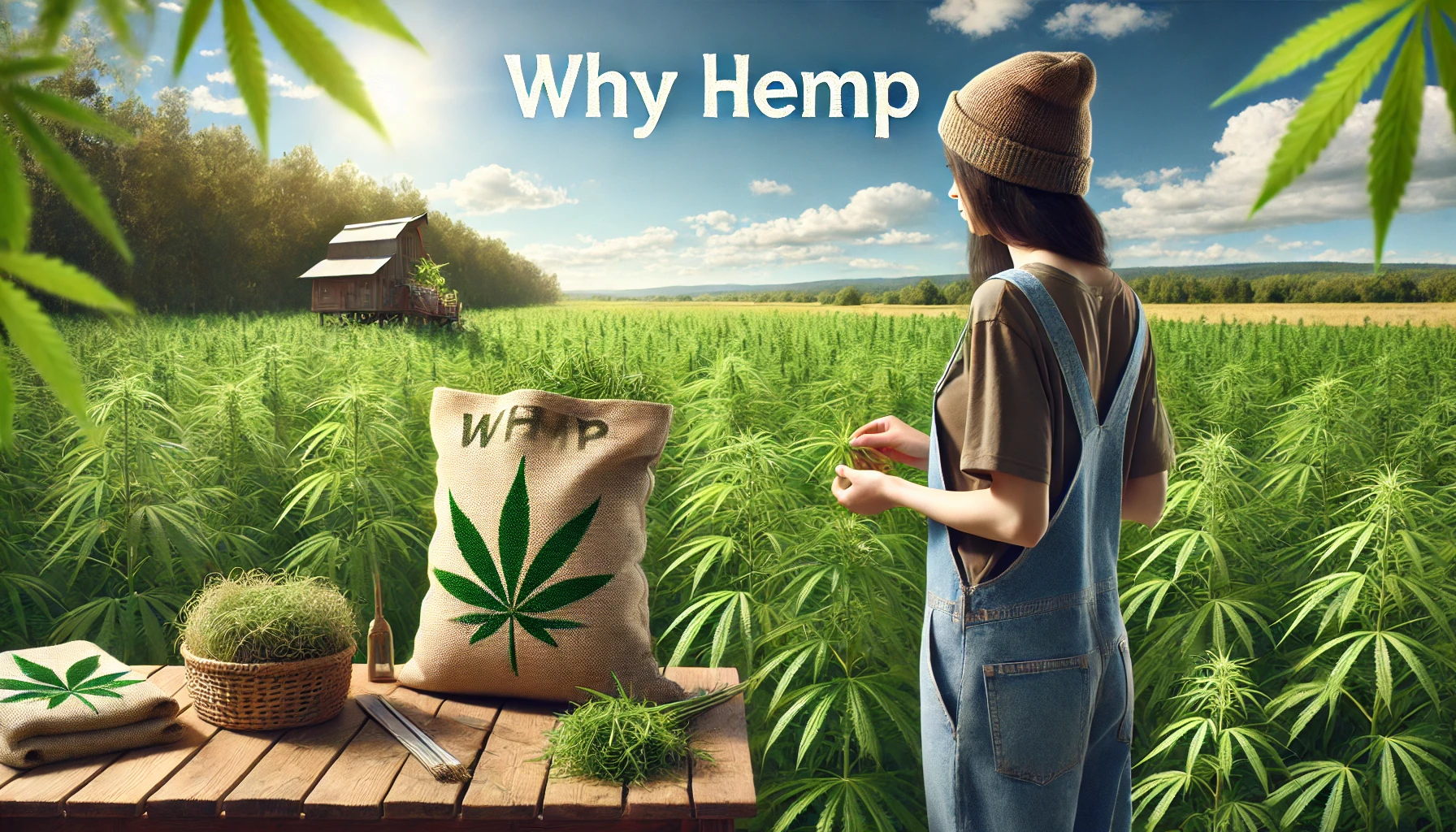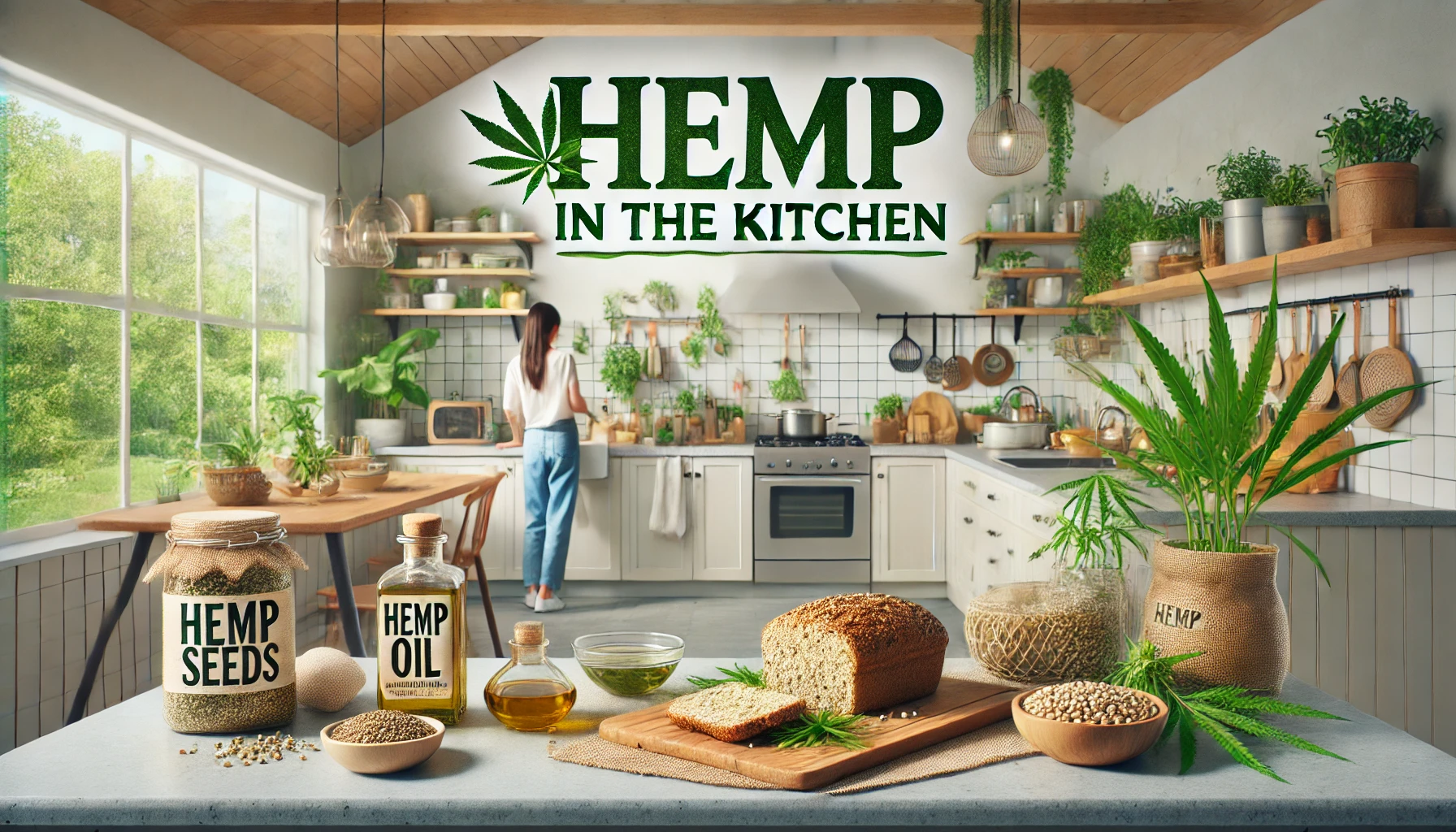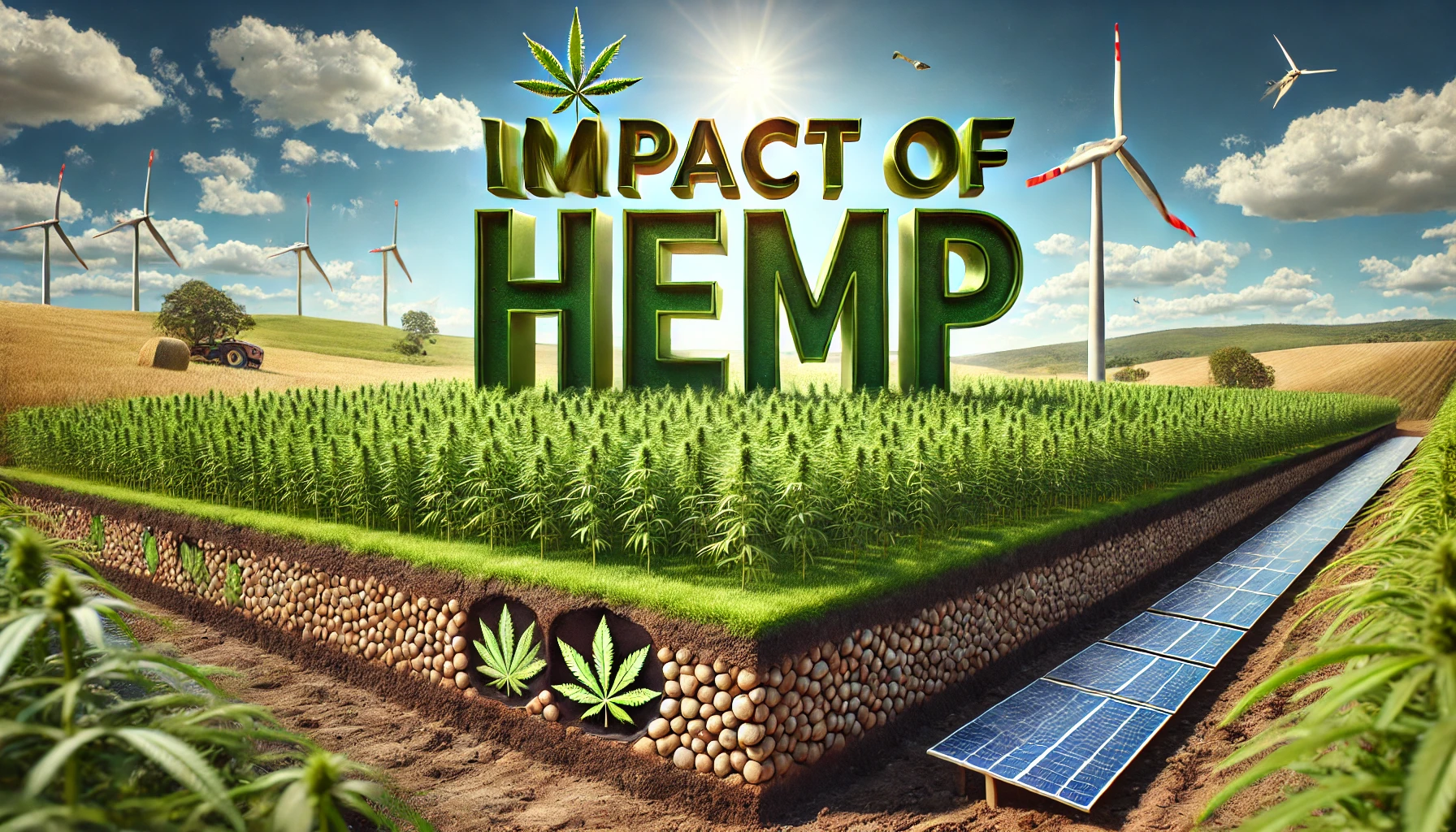Why Hemp
Hemp offers sustainable, eco-friendly solutions for a greener, healthier planet
- Hundredpercent

the Future of Sustainability
Hemp is not just a plant—it’s a powerful solution to some of the world’s biggest environmental challenges. With increasing concerns about climate change, pollution, and resource depletion, the need for sustainable alternatives has never been more urgent. Hemp provides a versatile, eco-friendly material that can replace less sustainable resources in industries ranging from fashion to construction.
One of the greatest advantages of hemp is its minimal environmental impact. Hemp requires significantly less water than cotton and grows without the need for chemical fertilizers or pesticides. This makes it a much more sustainable option for producing textiles, offering durability and comfort without harming the planet. Moreover, hemp plants grow quickly, producing more fiber per acre than traditional crops like cotton.
In addition to textiles, hemp can be used to create bioplastics, which are biodegradable and much less harmful to the environment than traditional plastics. These bioplastics are already being used to make phone cases, packaging, and other everyday items. As the world moves away from petroleum-based plastics, hemp stands out as an ideal, eco-friendly alternative.
Hemp also plays a crucial role in regenerative agriculture. Its deep roots help to prevent soil erosion and promote soil health by replenishing nutrients in the ground. This makes hemp not only a sustainable crop but also one that can improve the land on which it is grown. In a world facing environmental crises, hemp’s ability to heal the earth and provide eco-conscious solutions is unmatched.
From clothing to construction materials, hemp offers endless possibilities for reducing our carbon footprint and creating a sustainable future. Choosing hemp means choosing a greener, healthier planet—one product at a time.



